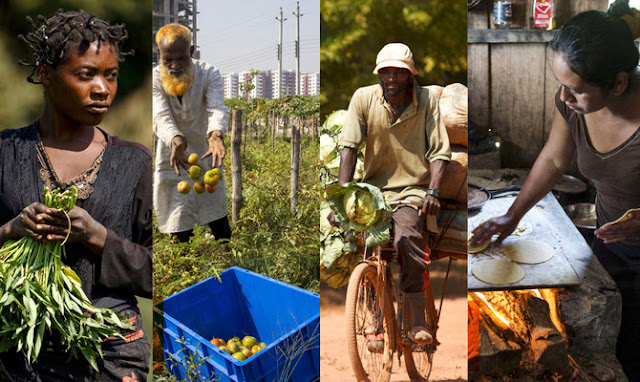The United Nations (UN) recently released its 2023 State of Food Security and Nutrition report, revealing distressing news regarding global food security. The report emphasized that 2.4 billion individuals lacked consistent access to food last year, with approximately 783 million people suffering from hunger, and an alarming 148 million children experiencing stunted growth. Despite a slight plateau in global hunger figures between 2021 and 2022, numerous regions are grappling with deepening food crises. Western Asia, the Caribbean, and Africa were specifically highlighted, as these areas exhibited hunger rates exceeding the global average by more than double.
Uneven Recovery and Ongoing Challenges
Qu Dongyu, the Director-General of the Food and Agriculture Organization (FAO), expressed concerns over the uneven recovery from the global pandemic and the adverse effects of the war in Ukraine on access to nutritious food and healthy diets. Dongyu remarked that the current state of affairs reflects a "new normal" characterized by the exacerbation of existing challenges. Factors such as climate change, conflict, and economic instability have pushed marginalized populations even further away from safety, worsening food security conditions.
Persistent Food Inflation
Maximo Torero, Chief Economist of the FAO, highlighted that despite a 15-month decline in the FAO food price index, food inflation has continued to persist. Of particular concern is the uncertainty surrounding the renewal of a crucial deal that enabled Ukraine to export 32 metric tons of grain to global markets. Additionally, obstacles to Russian grain and fertilizer shipments are exacerbating the situation. The impending expiration of the deal on July 17 raises concerns about potential spikes in food prices. Torero emphasized that the duration and severity of these price increases will depend on market responses.
The UN's State of Food Security and Nutrition report for 2023 paints a grim picture of global food insecurity. Despite a temporary halt in the rise of hunger figures, regions such as Western Asia, the Caribbean, and Africa continue to face severe food crises. The report underscores the adverse impacts of climate change, conflict, and economic instability on vulnerable populations, pushing them further into the margins of safety. Furthermore, the uncertainty surrounding the renewal of crucial international trade deals and ongoing challenges in the agricultural sector contribute to persistent food inflation. As the world grapples with these issues, concerted efforts and international cooperation are crucial in addressing the root causes of food insecurity and ensuring a sustainable and equitable future for all.

